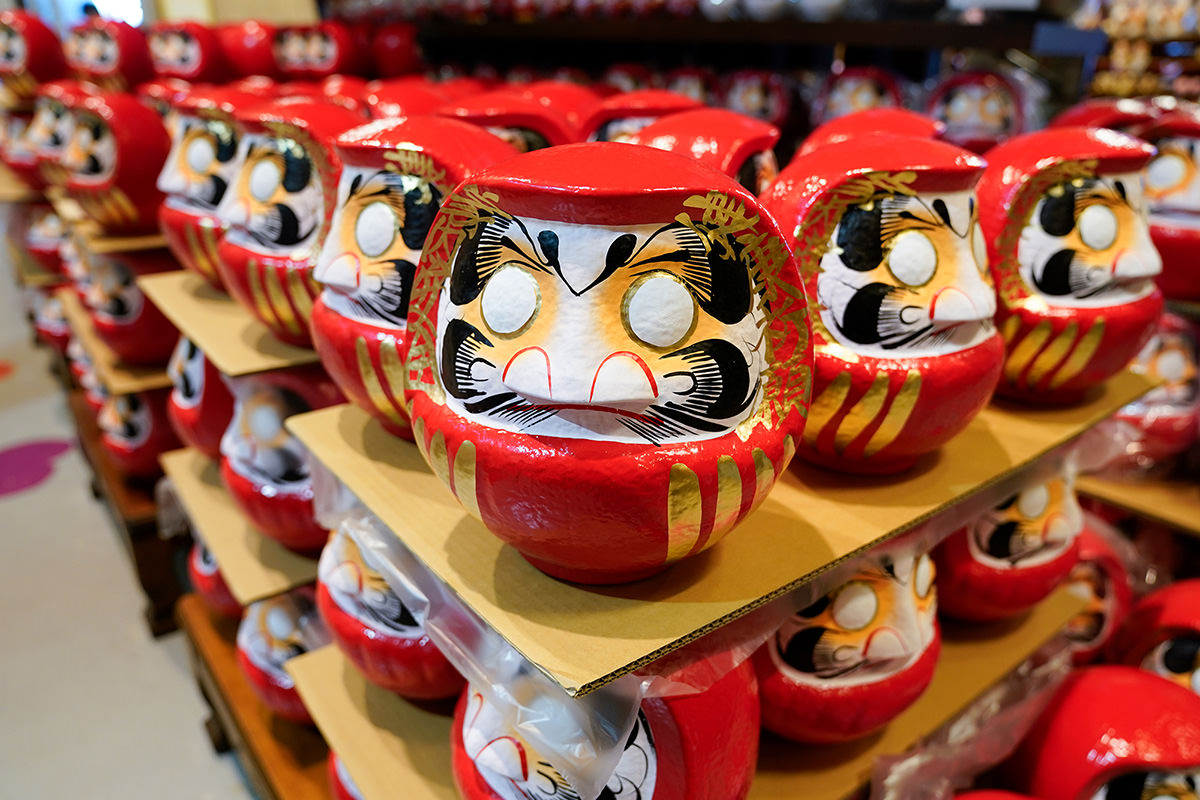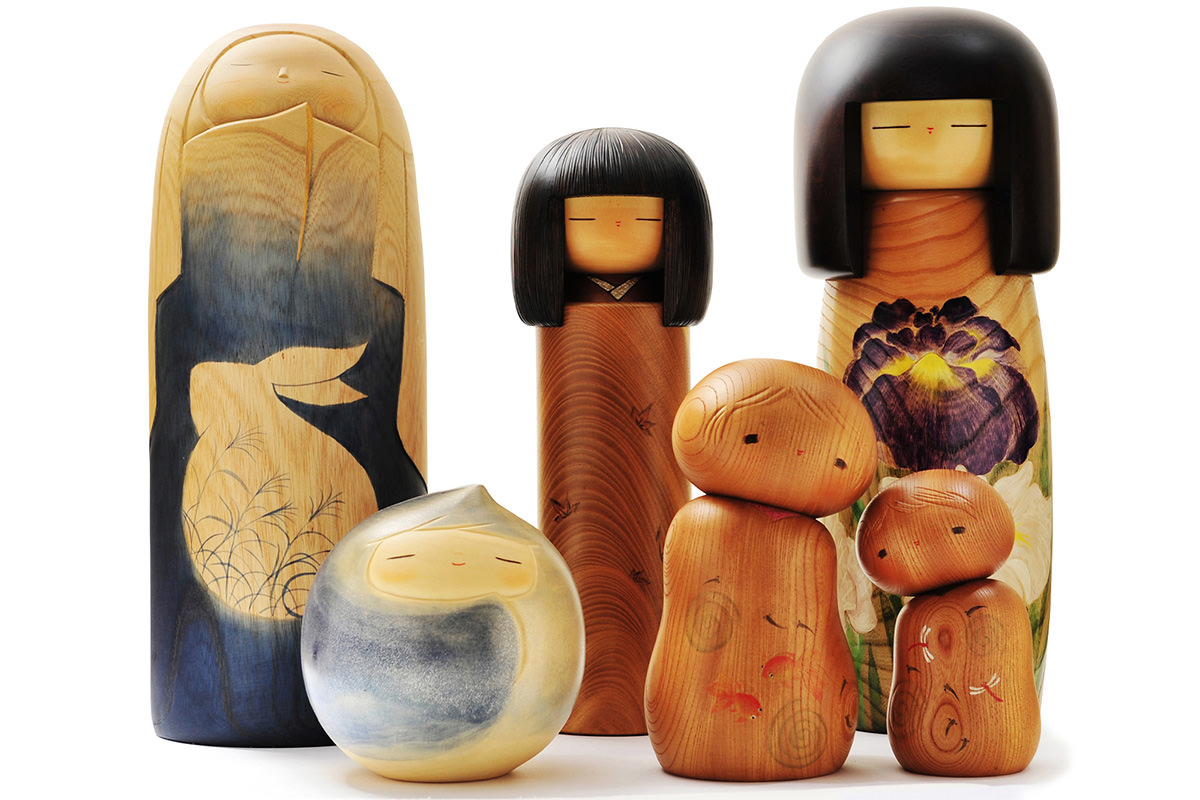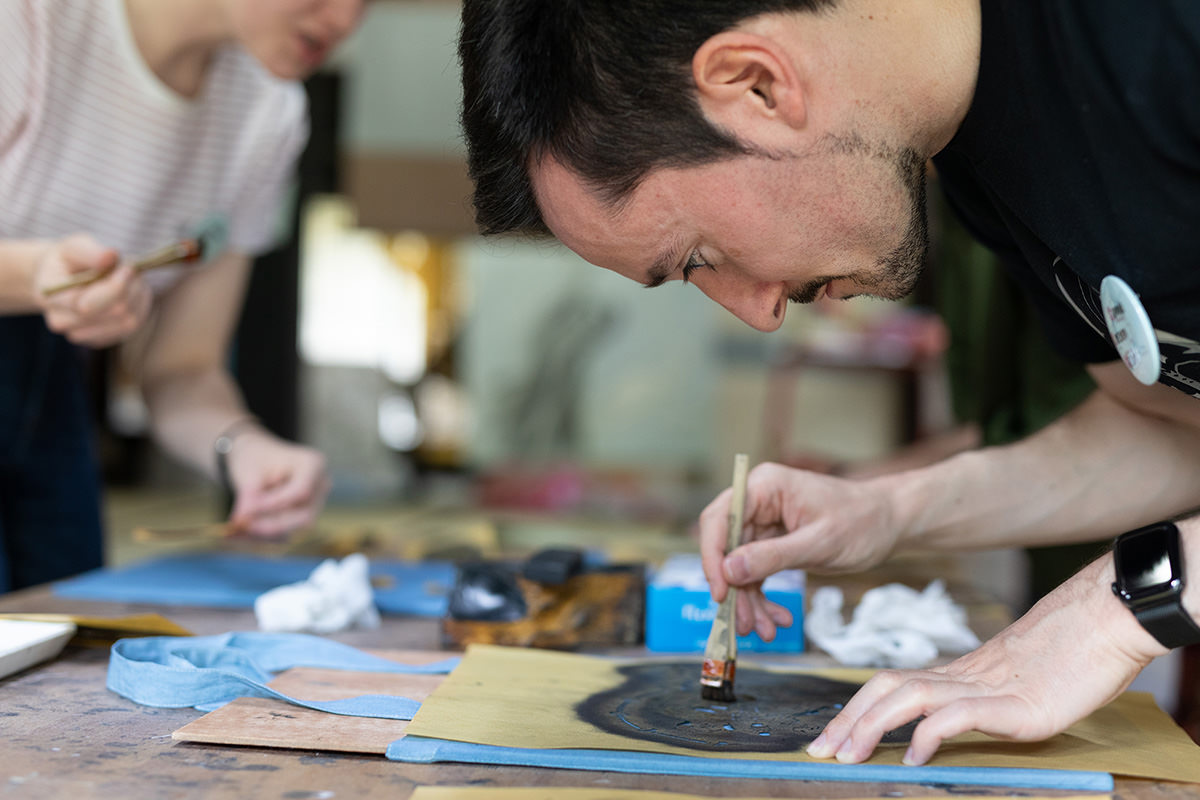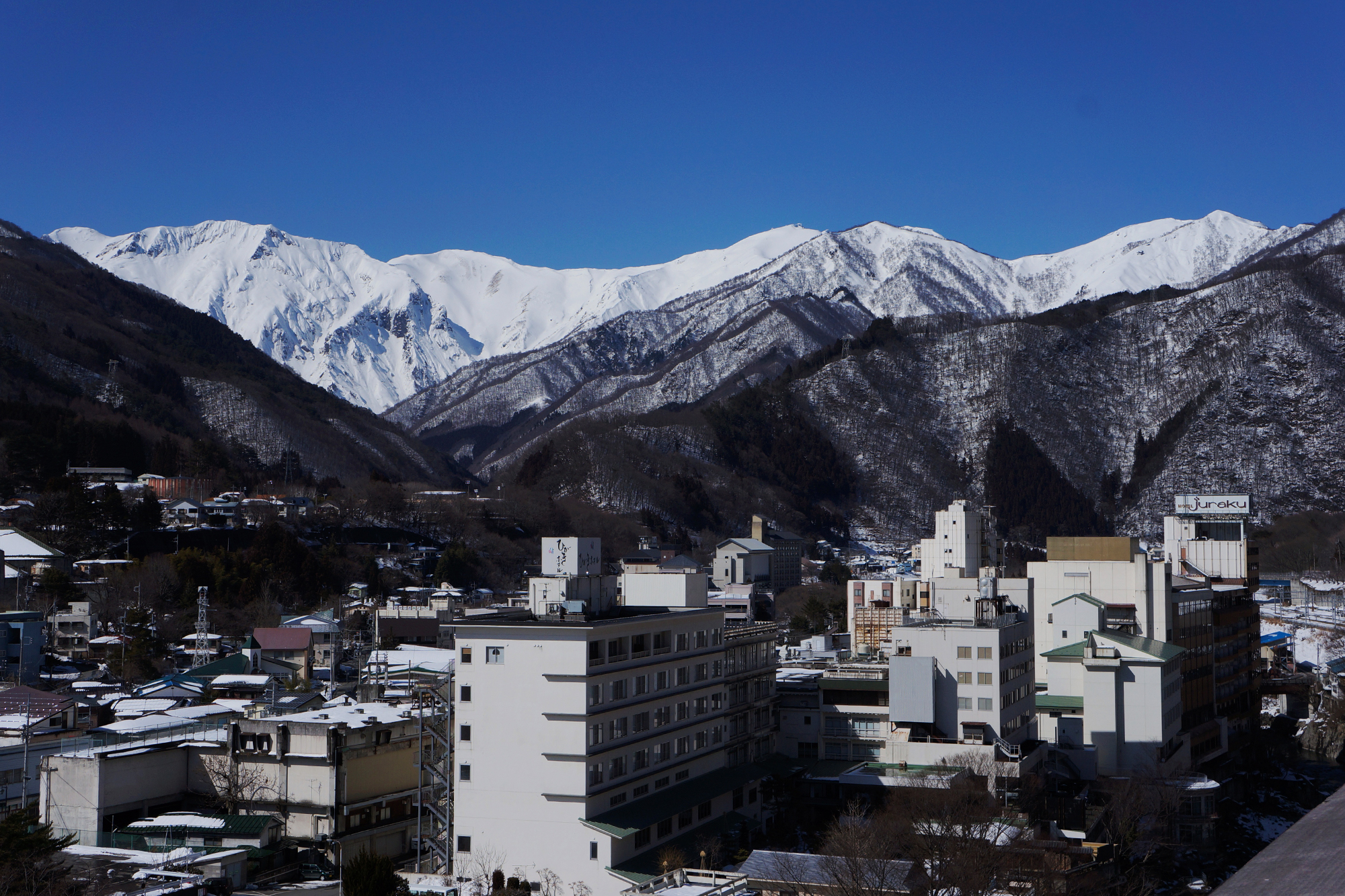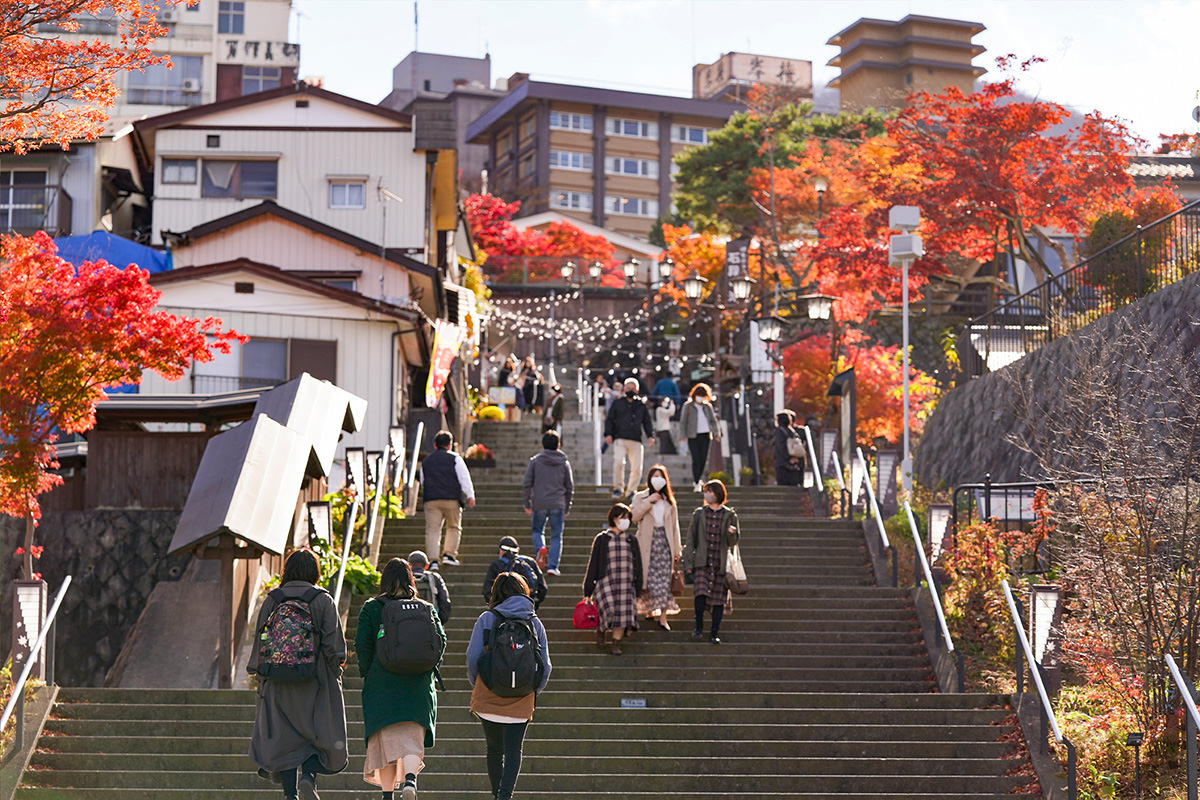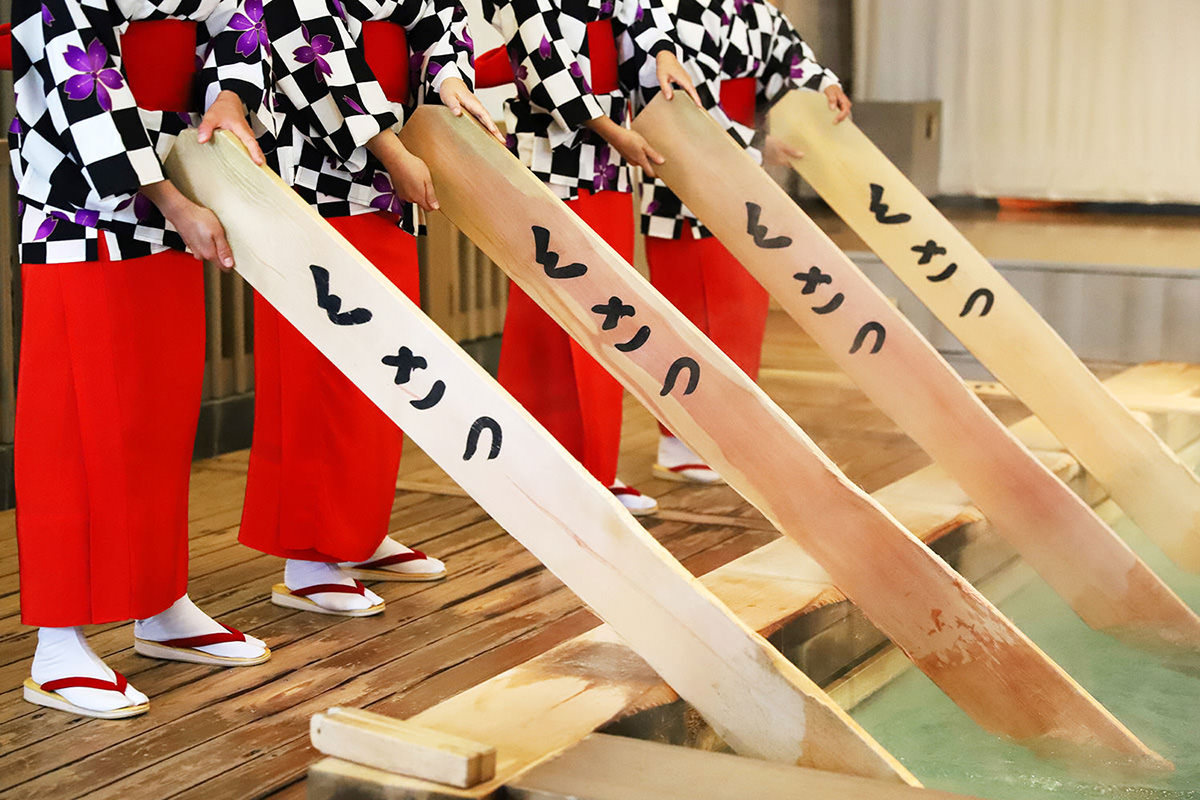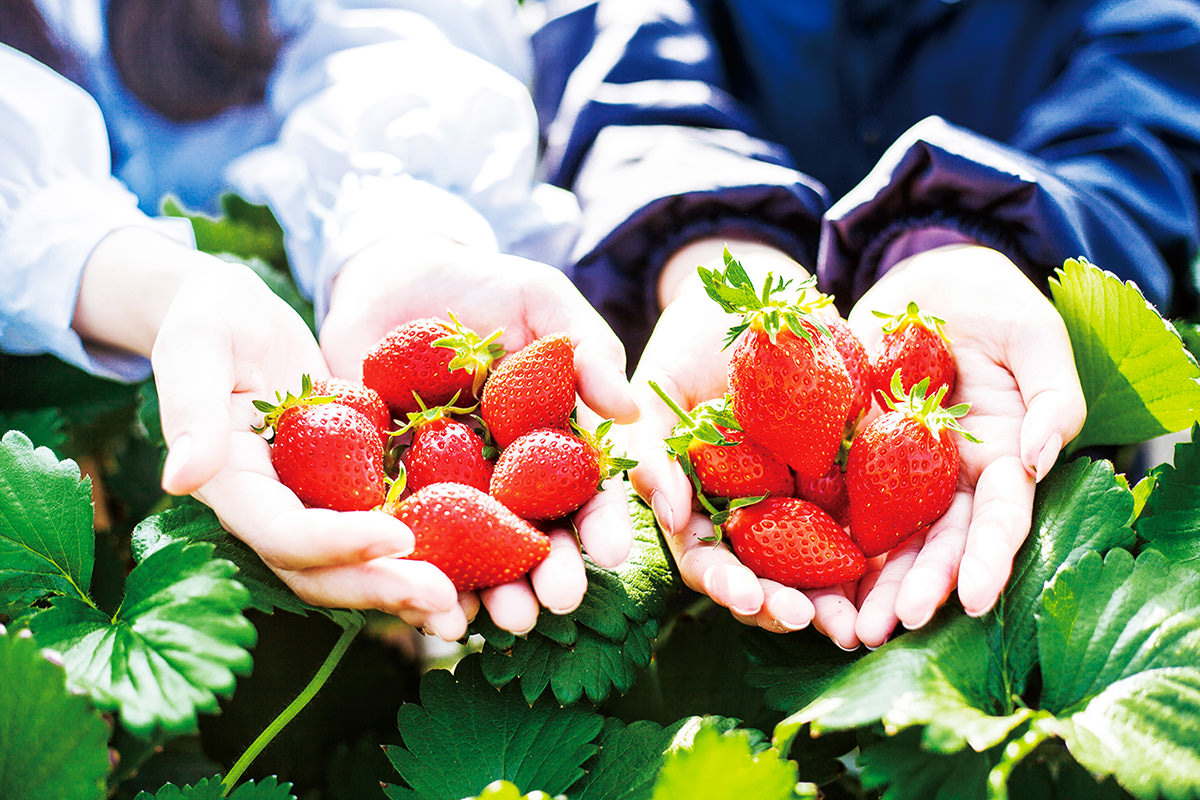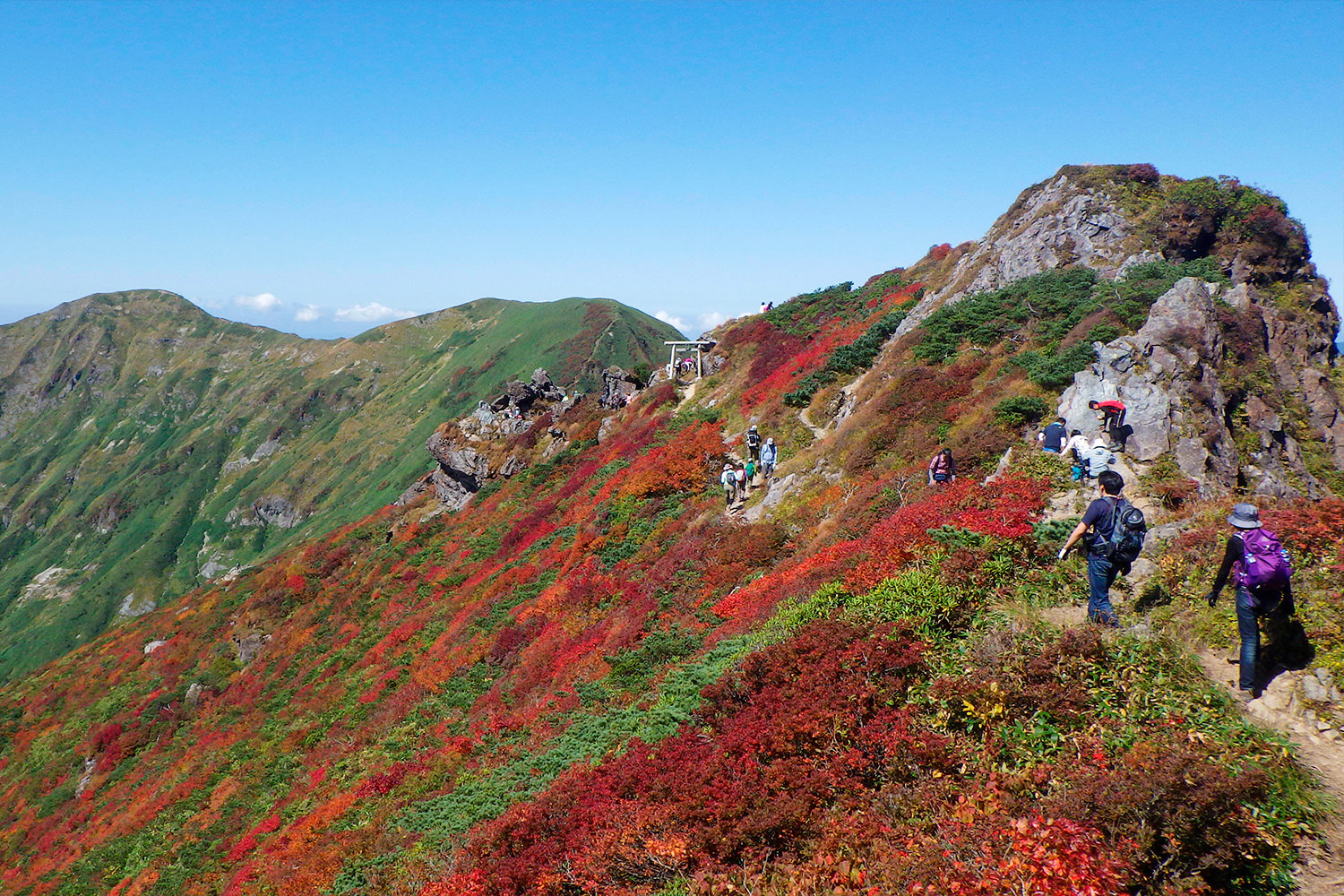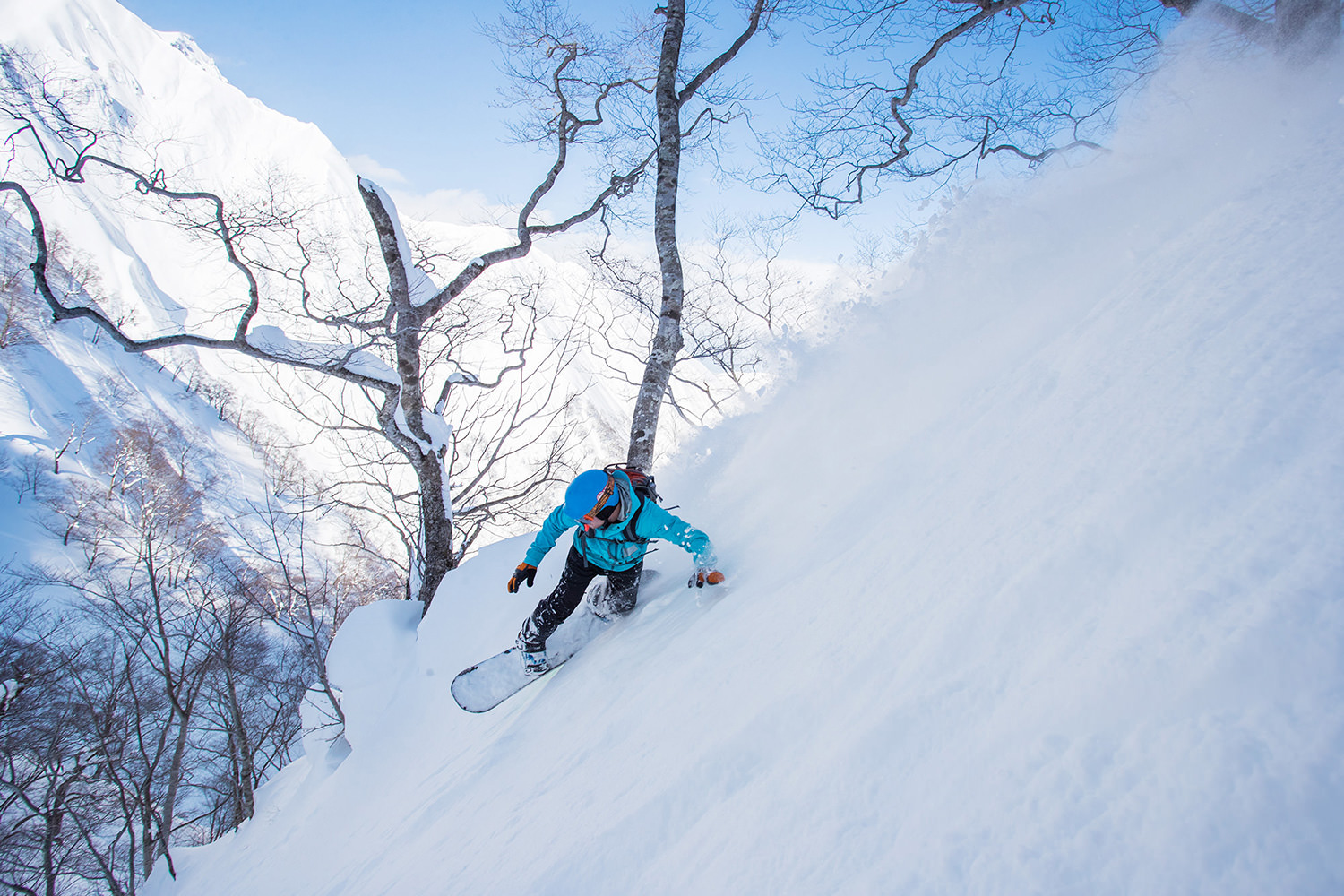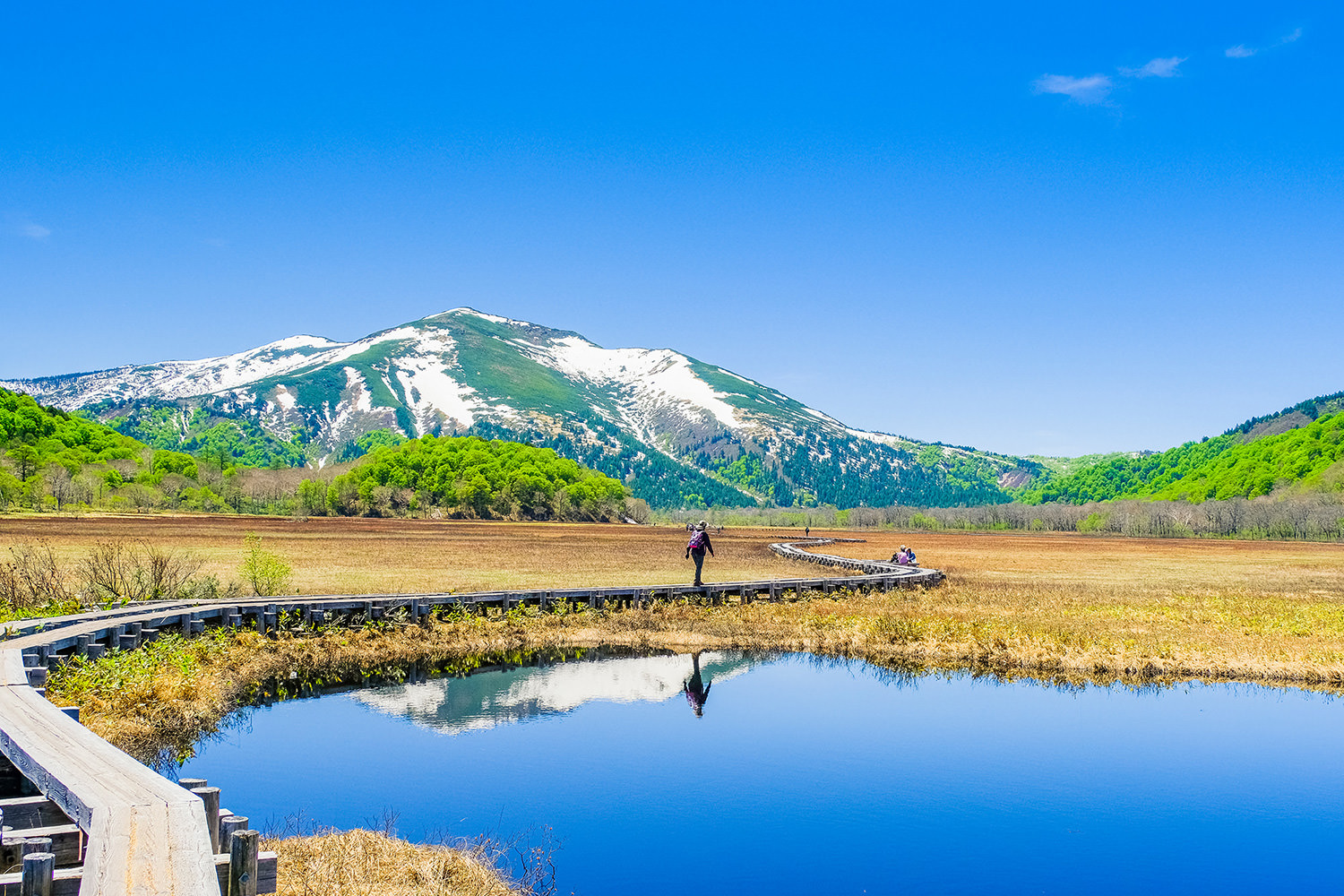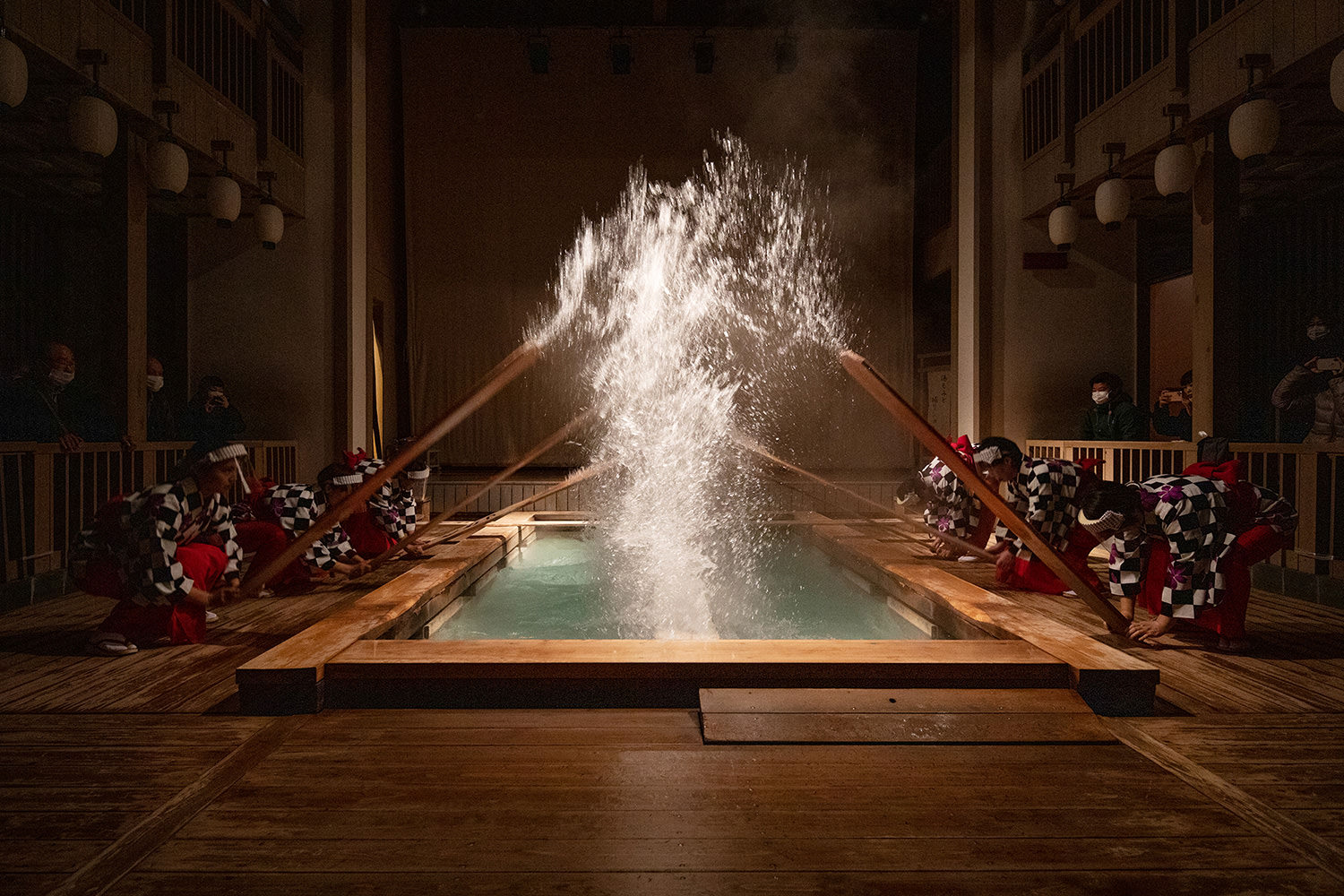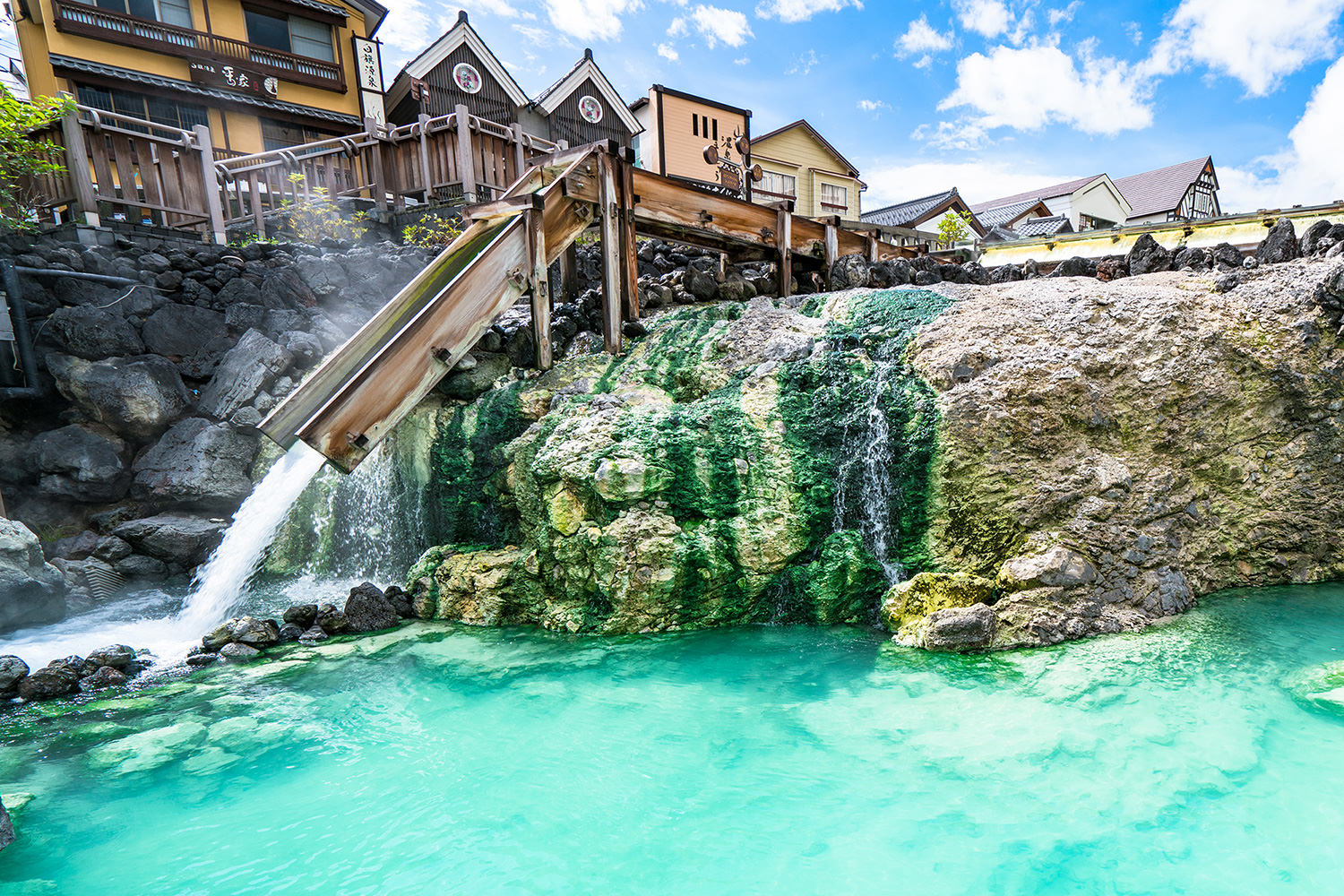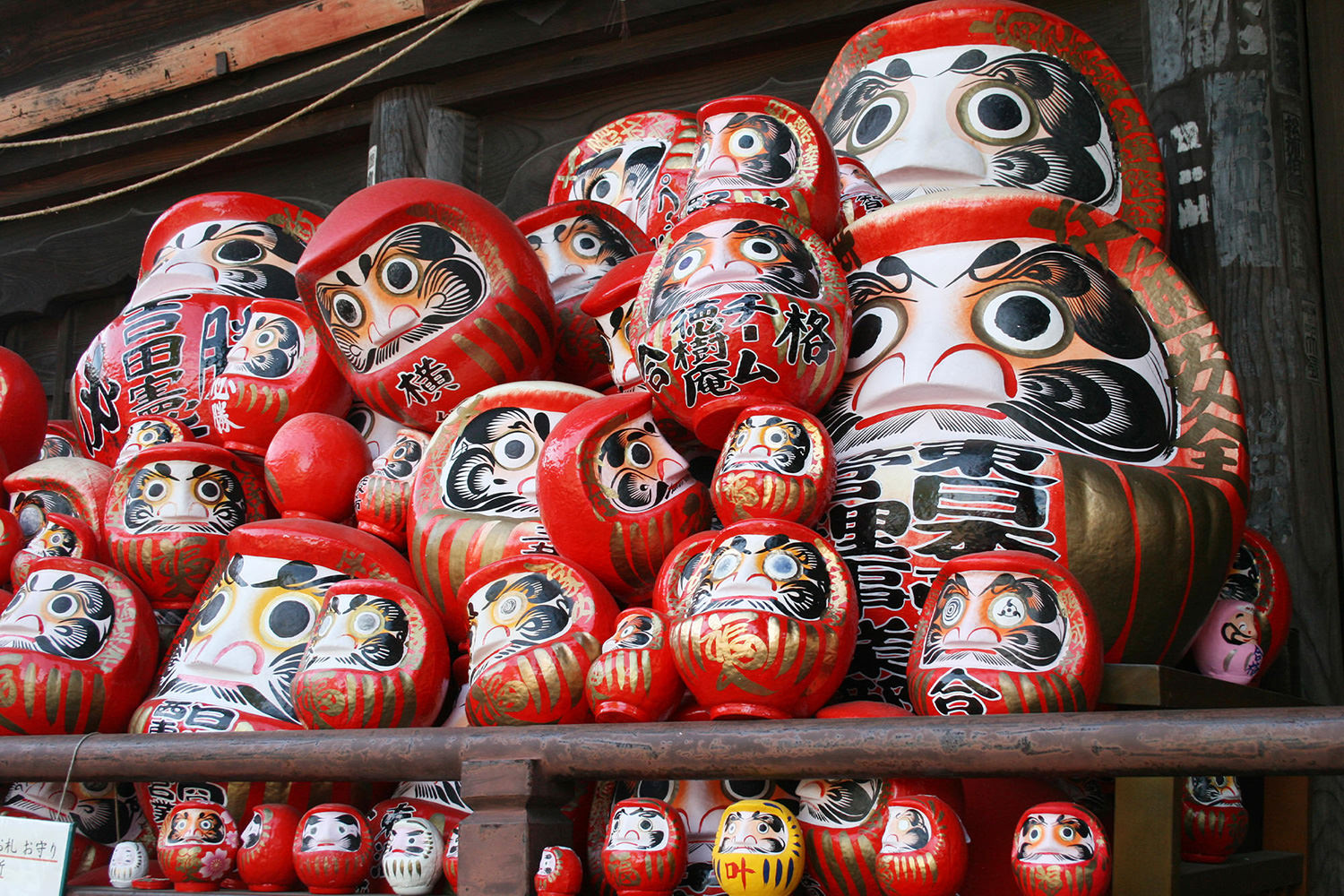STORY
School Trips and Educational Travel
Memorable student trips packed with culture, nature, and fun
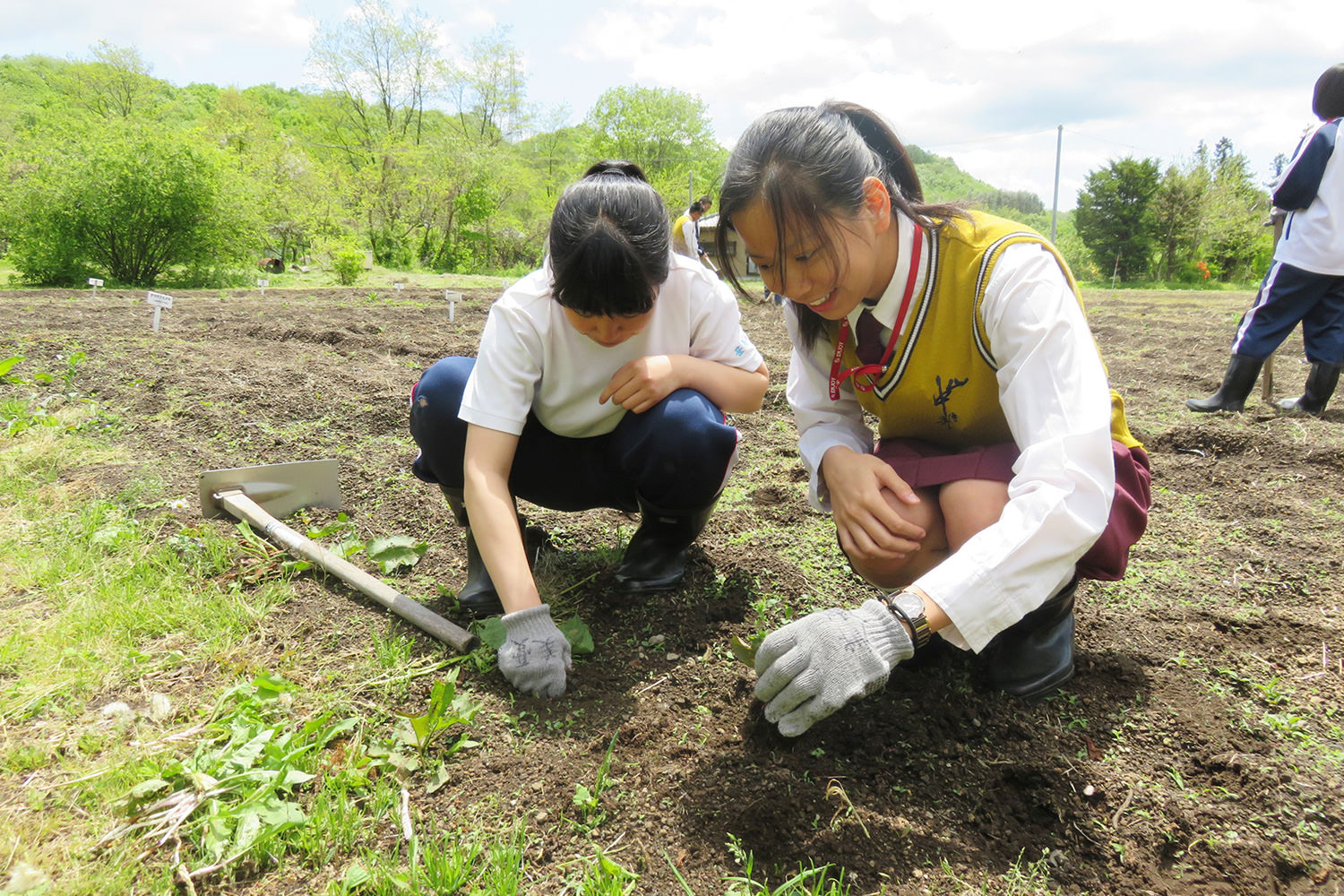
Last updated: August 22, 2024
Give your students the educational experience of a lifetime with a school trip to Gunma. The prefecture’s beautiful scenery and rural lifestyle provide authentic experiences that can’t be had in big cities like Tokyo and Osaka. Gunma Prefecture facilitates school exchanges mainly for high school students (ages 16-18), with the opportunity to interact with local students, try cultural activities, soak in onsen, and enjoy an outdoor adventure. Gunma’s convenient location, just an hour from Tokyo by shinkansen (bullet train), makes it easy to combine with a Tokyo-area itinerary including such sights as Tokyo Disneyland, the historic Asakusa neighborhood, and the well-preserved townscape of Kawagoe.








